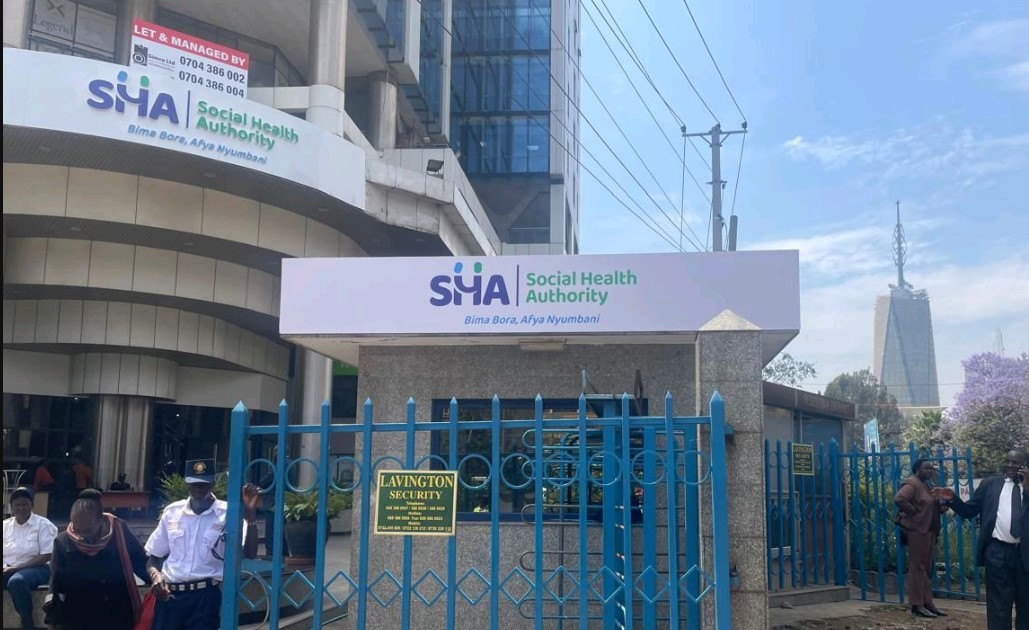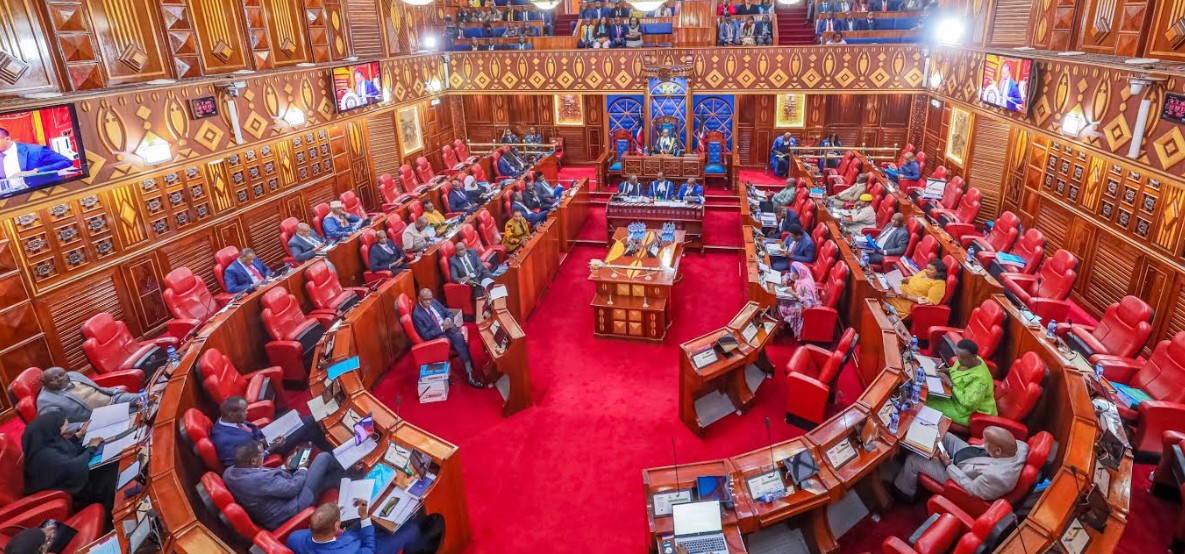Civil servants union faults adoption of SHIF from NHIF

By Barack Oduor |
Atellah said that the new health insurance scheme will not benefit millions of Kenyans who are desperate for a working health system.
The Kenya Civil Servants Union, on Monday, expressed dissatisfaction with the national health insurance scheme's transition.
Tom Odege, the union's secretary general, warned that the change from the National Health Insurance Fund (NHIF) to the Social Health Insurance Fund (SHIF) will benefit a few selected persons in the health sector and not Kenyans.
Keep reading
- Hospitals seek detailed breakdown of SHIF payments amid ongoing delays
- Malaria deaths in Kenya drop by 93 per cent over eight years, WHO says
- Governments failing to prioritise health forcing patients to bear the burden - report
- Ruto grants health human resources taskforce 60 more days to finalise reform recommendations
Odege, speaking at the launch of a health assessment report by the Kenya Medical Practitioners and Dentists Union (KMPDU) in Nairobi, argued that the government should have investigated the issues plaguing the national health insurance scheme rather than opting to disband it.
"What was wrong with finding out the problems ailing NHIF? There are individuals in the health industry who will benefit from the disbandment," said Odege.
Odege, who concurred with KMPDU Secretary General Davji Atellah on how the new reforms in the health insurance scheme are conducted, said the process of changing the architecture of the health finance scheme in the country has left many beneficiaries unsure of how the looming transition will affect them.
Atellah said that the new health insurance scheme will not benefit millions of Kenyans who are desperate for a working health system.
 Kenya Union of Civil Servants Secretary General Tom Odege speaks at the launch of the Kenya Medical Practitioners and Dentists Union report on the state of healthcare in the country on Monday, September 16, 2024. (Photo: Justine Ondieki)
Kenya Union of Civil Servants Secretary General Tom Odege speaks at the launch of the Kenya Medical Practitioners and Dentists Union report on the state of healthcare in the country on Monday, September 16, 2024. (Photo: Justine Ondieki)
“As a union, we are displeased with how NHIF was disbanded and is now being changed to SHIF. This will still not be helpful to Kenyans," said Atellah.
Odege and Atellah's comments come as the government is in the process of transitioning to new reforms, aligning benefits and packages with the new health financial architecture (SHIF).
The government has touted SHIF as a scheme aiming to provide comprehensive coverage to all Kenyans. Under this new model, the vulnerable population will gain access to a broad spectrum of perks.
According to President William Ruto's administration, these benefits will include screening, some transplants, essential medications, and access to vital medical equipment, the majority of which were not easily accessed under the National Health Insurance Fund (NHIF).
All these enhanced packages are effective from July 1, and all members are required to register for SHIF and enjoy the benefits.
The Social Health Authority (SHA) has a primary health care fund to address primary health care needs, a social health insurance fund to provide curative care, and an emergency chronic and critical illness fund responsible for managing medical emergencies.
"We want to prevent and promote wellness. We are taking care in terms of preventive, promotive, curative, rehabilitative, and palliative care to see through primary health care," detailed Chair of the Social Health Authority, Timothy Olweny, during an interview with the media recently.
Under NHIF, the chronic and illness fund, whose implementation was met with several challenges, was purposely for critical emergencies. The government, in fulfilment of constitutional health imperatives, was mandated to annually disburse these funds without failure by the exchequer.
Olweny, however, detailed some of the difficulties they had faced in achieving the full implementation of the fund.
"One of the challenges we have had is on those who have exhausted their cover under NHIF," he said.
 President William Ruto with KMPDU Secretary-General Davji Atellah during at the State House in Nairobi on May 11, 2024. (Photo: PCS)
President William Ruto with KMPDU Secretary-General Davji Atellah during at the State House in Nairobi on May 11, 2024. (Photo: PCS)
To overcome such challenges in the future, the government has rolled out a second fund to cater to those with chronic and critical illnesses as encompassed in SHIF.
NHIF was equivalent to one of the Social Health Authority's funds. SHIF replaces NHIF with new benefits, as originally stated.
The inability of the NHIF to fulfil the initial mandate prompted the Social Health Authority (SHA) to transition to the new health scheme.
Those already in the NHIF scheme will, however, have a faster and more efficient registration process as most of their details are in the health scheme system.
NHIF beneficiaries will use the USSD code to key in extra information needed, adding to the previous data. The collection will also include the beneficiary's biometrics. The Ministry of Health is expected to announce further details regarding the same in due course.
Reader comments
Follow Us and Stay Connected!
We'd love for you to join our community and stay updated with our latest stories and updates. Follow us on our social media channels and be part of the conversation!
Let's stay connected and keep the dialogue going!
















